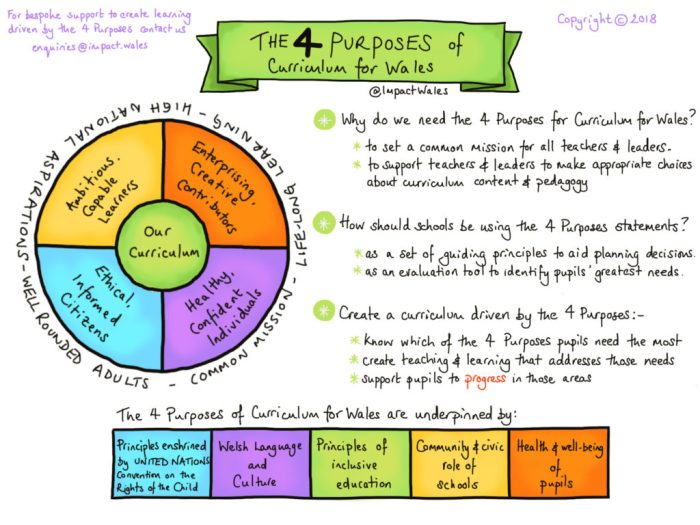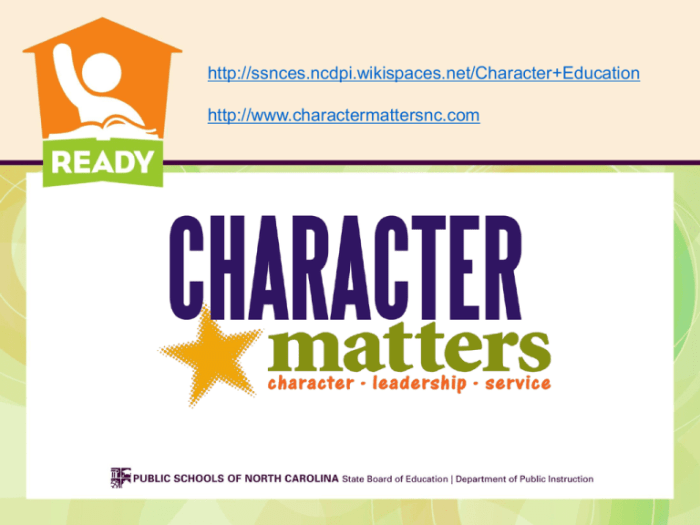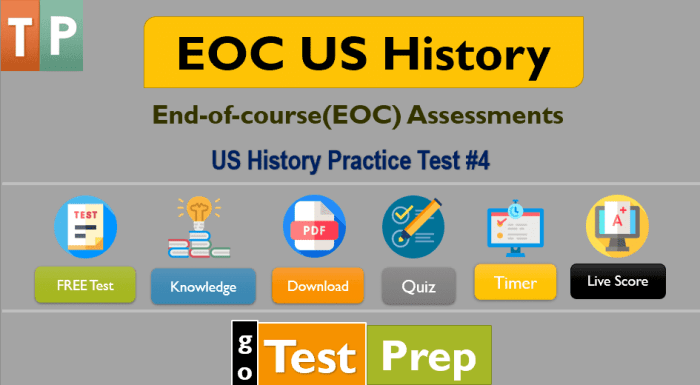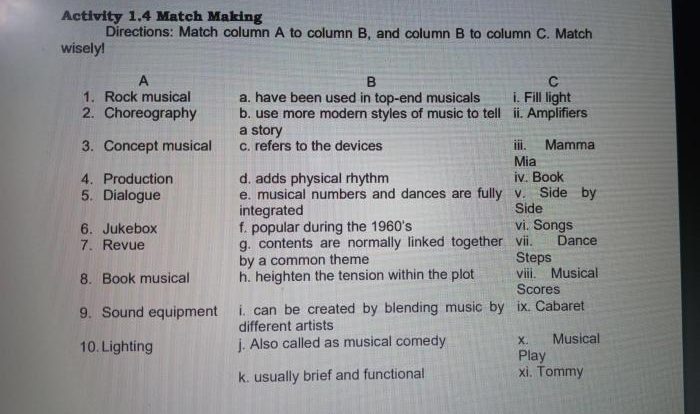Newer approaches to character education advocate – In the realm of education, the concept of character education has undergone a significant evolution, giving rise to newer approaches that advocate for innovative methods and the transformative power of character development. These approaches recognize the crucial role that character plays in shaping the lives of individuals and fostering a harmonious society.
As we delve into the nuances of these contemporary approaches, we will explore the historical foundations of character education, examine the key differences between traditional and modern methods, and highlight the essential contributions of advocates in promoting character development in educational systems.
Emergence of Character Education: Newer Approaches To Character Education Advocate
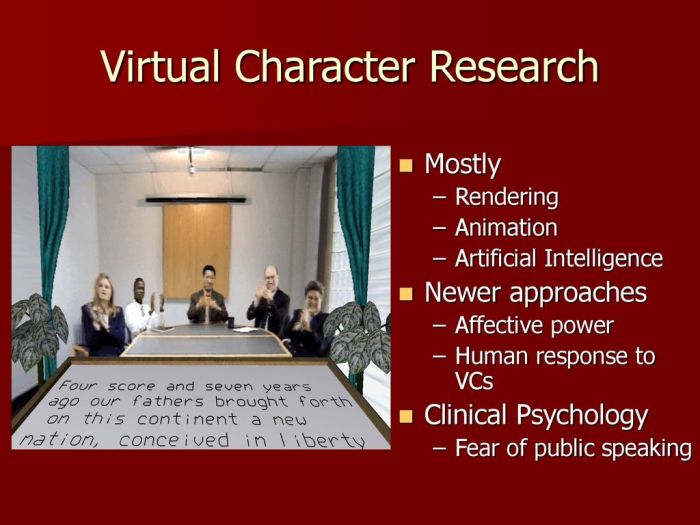
Character education has a long and storied history, dating back to ancient Greece and Rome. In the early days, character education was primarily focused on teaching students the virtues of good citizenship, such as honesty, courage, and justice. Over time, character education has evolved to include a broader range of topics, such as empathy, compassion, and respect for diversity.
In the United States, character education has been integrated into educational systems in a variety of ways. Some schools have adopted comprehensive character education programs that teach students about character traits, values, and ethical decision-making. Other schools have incorporated character education into their existing curriculum, by teaching character-related lessons in subjects such as history, literature, and science.
Contemporary Approaches to Character Education
In recent years, there has been a shift from traditional to contemporary approaches to character education. Traditional approaches to character education typically focused on teaching students about a set of predetermined virtues. Contemporary approaches, on the other hand, emphasize the importance of helping students to develop their own moral reasoning skills.
This shift in emphasis is reflected in the methods used to teach character education. Traditional approaches often relied on didactic methods, such as lectures and memorization. Contemporary approaches, on the other hand, favor more interactive and experiential methods, such as role-playing, simulations, and community service.
The following table compares the key differences between traditional and contemporary approaches to character education:
| Traditional Approaches | Contemporary Approaches |
|---|---|
| Emphasis on teaching a set of predetermined virtues | Emphasis on helping students to develop their own moral reasoning skills |
| Reliance on didactic methods, such as lectures and memorization | Favor more interactive and experiential methods, such as role-playing, simulations, and community service |
| Focus on individual character development | Recognition of the importance of social and environmental factors in character development |
The Role of Advocates
Character education advocates play a key role in promoting character education in schools and communities. Advocates work to raise awareness of the importance of character education, develop and implement character education programs, and advocate for policies that support character education.
There are a number of strategies that character education advocates can use to promote character education. These strategies include:
- Educating the public about the importance of character education
- Developing and implementing character education programs
- Advocating for policies that support character education
- Collaborating with other organizations to promote character education
Character education advocates have been successful in promoting character education in a number of ways. For example, advocates have helped to pass legislation that supports character education in schools. Advocates have also helped to develop and implement character education programs in schools and communities.
In addition, advocates have helped to raise awareness of the importance of character education through public speaking, media campaigns, and other outreach activities.
Challenges and Opportunities, Newer approaches to character education advocate
Character education advocates face a number of challenges in promoting character education. These challenges include:
- Lack of funding for character education programs
- Resistance from some parents and educators
- The need to develop effective character education programs
- The need to evaluate the effectiveness of character education programs
Despite these challenges, there are a number of opportunities for character education advocates. These opportunities include:
- The growing public interest in character education
- The increasing number of schools and communities that are implementing character education programs
- The development of new and innovative character education programs
- The availability of research that supports the effectiveness of character education
Best Practices and Resources
There are a number of best practices for implementing character education programs. These best practices include:
- Starting early: Character education should begin in early childhood and continue throughout a student’s academic career.
- Involving all stakeholders: Character education should involve all stakeholders, including students, parents, teachers, administrators, and community members.
- Using a variety of teaching methods: Character education should use a variety of teaching methods, such as direct instruction, role-playing, simulations, and community service.
- Creating a positive school climate: A positive school climate is essential for character education to be effective.
- Evaluating the effectiveness of character education programs: It is important to evaluate the effectiveness of character education programs to ensure that they are meeting their goals.
There are a number of resources available to educators and advocates who are interested in promoting character education. These resources include:
- The Character Education Partnership
- The National School Climate Center
- The Collaborative for Academic, Social, and Emotional Learning
General Inquiries
What are the key differences between traditional and contemporary approaches to character education?
Traditional approaches emphasized moral instruction and discipline, while contemporary approaches focus on fostering intrinsic motivation, critical thinking, and experiential learning.
What is the role of advocates in promoting character education?
Advocates raise awareness, develop resources, and influence policy to ensure that character education is integrated into educational systems.
What are the challenges faced by advocates in promoting character education?
Challenges include limited funding, resistance to change, and competing educational priorities.
